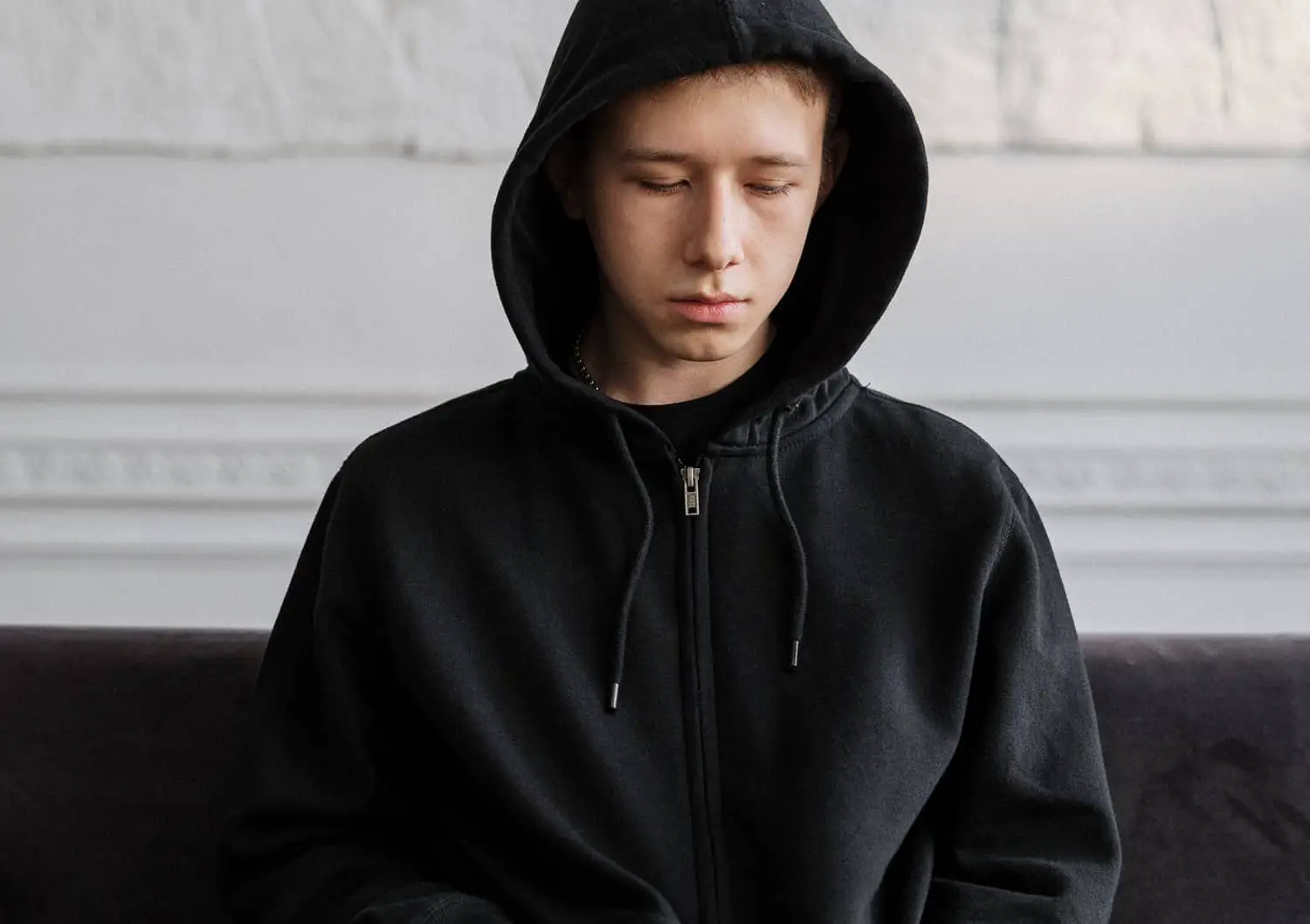Commenting on the call by the Local Government Association for school-based counselling to be available and properly funded by Government, Peter Shreeve, Assistant District Secretary of the National Education Union, said:
“Schools definitely need more counsellors. Most secondary schools need at least one full time counsellor to keep up with the demands for expert support. Thus, the Local Government Association (LGA) recommendation is a good step forward.
“We agree that more school-based counselling would be a sensible step given the increased number of young people with anxiety and mental health issues. Latest Public Health England 2021 figures show self-harm in those aged 10-24 is worse on the Isle of Wight than in England. It also shows higher and faster rising inpatient hospital admissions for mental health conditions.”
Shreeve: A missed opportunity at Cowes
He went on to add,
“Placing these services for young people in schools makes sense. Positive noises were made about integrated services in school situ included health, when replacement plans for Cowes High School were in their infancy. Sadly, a missed opportunity.
“We think Government should be looking at a model, which can access services needed by young people and their parents and carers in schools – and with funding planned accordingly.”
Shreeve: Early intervention so important
The union’s Assistant District Secretary went on to explain,
“Waiting lists for mental health support are a real problem. Families who can afford to pay for faster support often do so out of desperation. Early intervention with school-based counsellors is so important.
“Although, not called counsellors, on first moving to the Island, this was the core function of one person in school. Their constant availability on-site made a huge impact every day and prevented other problems spiralling, such as attendance or anxiety problems. They were appreciated by students, staff and parents.”
Shreeve: Children slip through the gaps
He finished by saying,
“We know about one in seven 11–16-year-olds have a mental health disorder and it is rising. We know mainstream mental health services can be hard to access. Moreover, youngsters don’t always meet diagnostic thresholds, which means children slip through the gaps.
“By contrast, a counsellor would provide unparalleled access to services, alleviating barriers such as time, location, and cost.
“Government should not miss this opportunity to entrench well-being and good mental health in our schools, in order to prevent the imminent crisis in the mental health of a generation of young people.”





